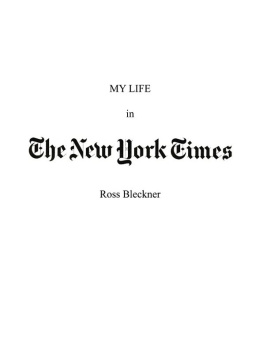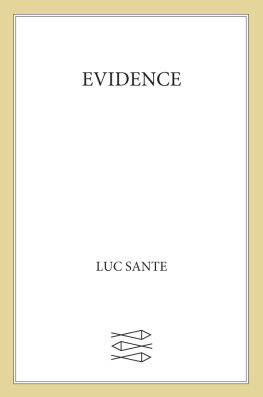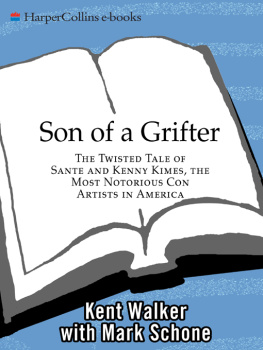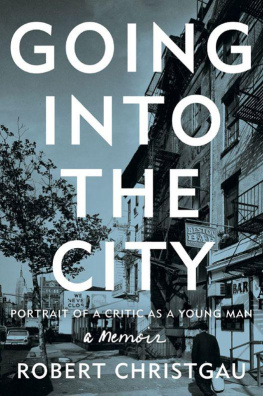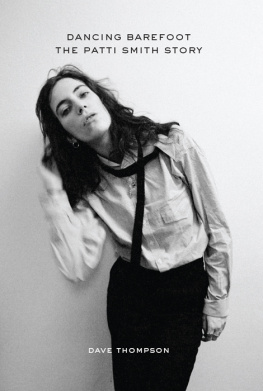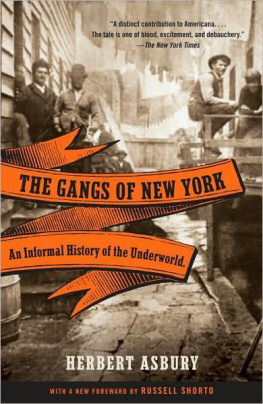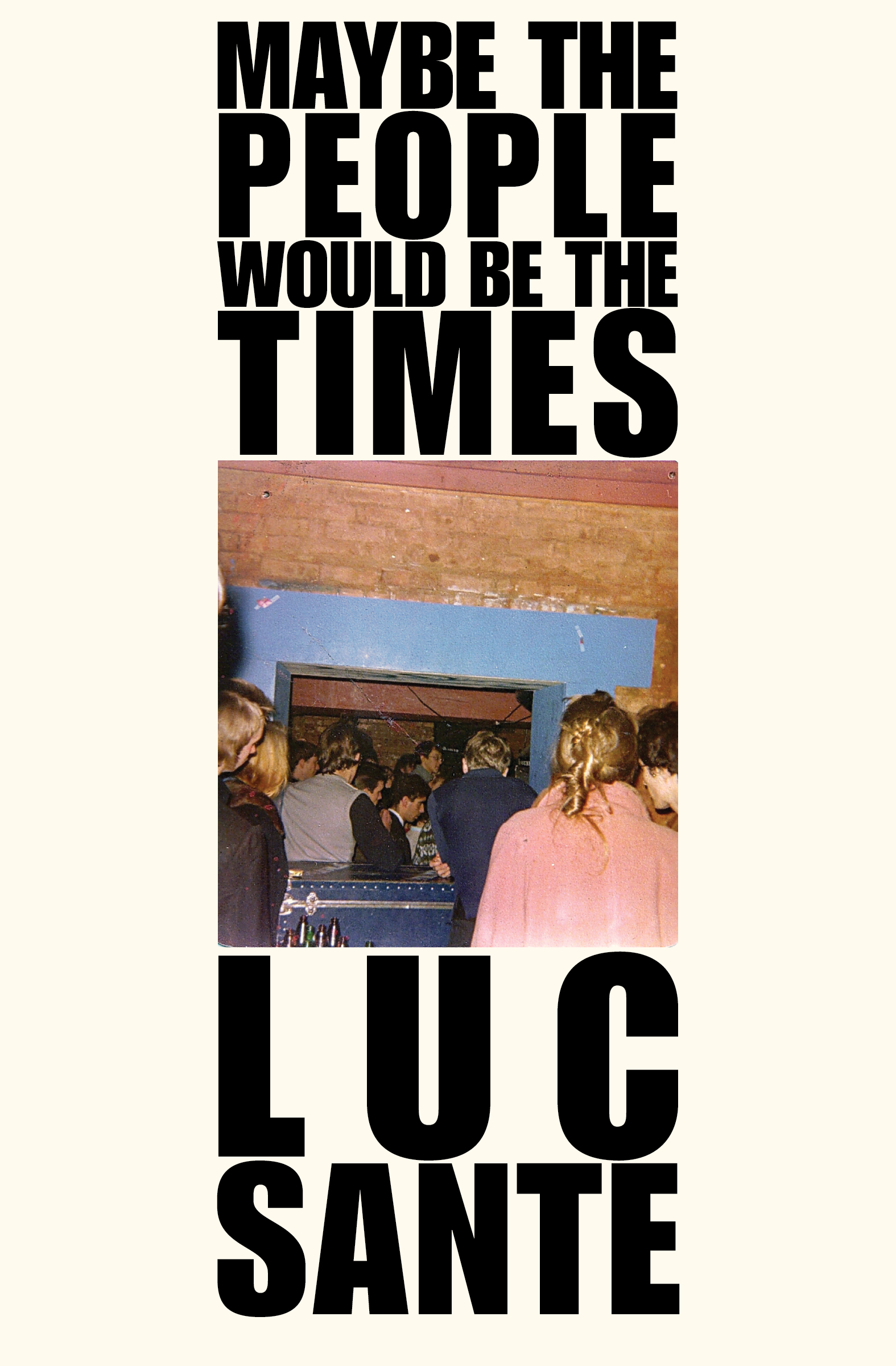Maybe the People
Would Be the Times
Luc Sante
Verse Chorus Press
I wanted to speak the beautiful language of my time.
Baudelaire, Le Spleen de Paris
Contents
I
My Generation
You wish youd spent more time with your generation before it died. It was so beautiful, sitting there in the corner, hanging around on the corner, worrying about its hair, worrying itself into tatters. Of course you didnt appreciate its beauty. You couldnt see it, not at the time. You couldnt wait for it to go to hell. But it held such promise; it believed so wildly and intensely in its own belief. It thought it was different from all other generations. It was a generation that thought it was a country.
2001
E. S. P.
Very late that night, riding home on the train as it shoots past the graffiti-washed vacant stations on the local track, they stare straight ahead, unable to explain or articulate the sense of dread that fills them both except by reference to the lateness of the hour, or the ebbing of the drugs, or the onset of a cold. The nearly empty train is going too fast, and it leans around curves as if the wheels on one side have lost contact with the track, and the lights periodically wink off for as much as a minute at a time. They sit slumped in a double seat next to a door. Whenever the train stops at a station the doors open and nothing comes in, an almost palpable nothing. Neither bothers to look because they can feel it slide in and take its place among the already assembled nothing. The air is heavy with the weight of an earlier week, when it was still summer in the streets above. The light breaks up into particles. Down here the night could last forever. The song is Florence, by the Paragons.
Mind if I play it for you? Here it is, on The Best of Winley Records , volume seven of The Golden Groups on the Relic label, an ancient copy with varicolored stains on the back of the sleeve and a skip in the middle of the cut in question. The skip is annoying, but it also feels like a part of the fabric, along with the hollow-centered production, the dogged piano like the labor of the accompanist at a grade-school assembly, the groans of the four supporting Paragons, and the agony of Julius McMichaels falsetto lead. Its a daredevil performance, a miracle of endurancehe sounds as if he will dissolve into coughing and retching or perhaps even drop dead before the end of the track. The song wants to be a ballad but keeps turning into a dirge. Its so ghostly you cant imagine it ever sounding new. But then doo-wop is a spectral genre. It actually happened on street corners; what transpired in the recording studio, afterward, might sound posthumous.
Florence happened below street level. It happened in a cave, in an abandoned warehouse, in an unknown room eight stories under Grand Central Station at five oclock in the morning. Probably it took place in an impersonal studio off Times Square panelled with that white pasteboard stuff gridded with holes, with folding chairs and ashtrays and demitasse-size paper cups of water and a battered upright piano. Probably the Paragons got a twenty-dollar advance apiece, if that, and then they took the subway home to East Tremont or wherever it was they came from. Florence has reached our couple two decades after its release through the medium of oldies radioa medium of chattering middle-aged men, audibly overweight, short-sleeved even in the dead of winter, who are capable of putting on the spookiest sides without seeming to notice the weirdness as they jabber on about trivia before and after. Vocal harmonizing became oldies in 1959, when it was still kicking, a premature burial but a phenomenon that allowed records that had sold a hundred copies in the Bronx when new to suddenly go nationwide and become phantom hits a couple of years later. But Florence cuts through the format with its breathtaking weirdness. The piano, the groans, the keening falsettoit comes on as Martian. Oh, Florence, youre an angel, from a world up above, raves the singer in a dog-whistle register that symbolically indicates the purity and intensity of his passion, while an Arctic wind blows through any room where the song is played.
Naturally our couple dont know that each has Florence playing on the internal soundtrack, not that either would be surprised. The hour, the chill, the sticky yellow light, the vertical plunge from a highall call down Florence. The moment could feel merely depressed, small-time, pathetic, but Florence in its strangeness lends it magnificence. They feel heroically tragic in their stupor. Florence places the moment in the corridor of history, makes it an episode, emphasizes its romance and fragility and proximity to heartbreak, suggests that a contrasting scene will follow directly.
Now they have emerged into the weak pre-dawn light of the street. The place is empty except for garbage trucks. The traffic light runs through its repertory of colors to no effect. They still havent spoken, not in an hour or more. Words feel too huge to shovel onto their tongues. The lack of traffic is convenient, since their reflexes are too slow to negotiate any. They walk, side by side, down the street of shuttered stores, each plodding step a small conquest of space. The apartment seems impossibly distant, their progress the retreat from Moscow. At this hour time doesnt exist, actually. The hour just before dawn looks like night, but with all of nights glamour stripped away, and although habit assumes that dawn will soon arrive and peel back the sky, there is no real evidence of this. Darkness clutches the world and will not give it up. The calendar year is an even flimsier proposition; only the 24-hour newsstands maintain it, here and there shouting it into the void like street-corner proselytizers. The year is a random set of four digits that may or may not coincide with the information imparted by the posters wheat-pasted on the windows of empty storefronts. In all probability, Florence has not yet been composed or recorded. Our couple has imagined it. When they awaken the following afternoon, they wont remember how it visited them.
Historically, she got off the bus. Most of the rest is conjecture on my part, but she did get off the bus, in the aquarium depths of the lowest platform at Port Authority, a bus of the Pallas Athena line, from someplace in New Jersey western New Jersey, she insisted, out near the Red River declivity, where the mesas begin, the biggest sky you ever saw. West of Trenton, even. She claimed there were fourteen people in her family and that she had to leave because they needed her room to lodge hands for the pea harvest. She carried a large plastic suitcase and an army duffel bag reinforced with duct tape. They were too heavy for her, so she dragged them along, past all the chaotic intersecting lines of people waiting to get on other buses, past the black nun with a basket on her lap at the foot of the escalator, past the lunch counters and drugstores and necktie displays, past the hustlers and the plainclothesmen and the translucent figures who came to the terminal just because they liked the smell of people.
She marched through the main hall and out the glass doors onto the avenue, and then, I imagine, she unhesitatingly turned right and started downtown, because she wasnt one to dally. I can see her plowing down the avenue with her twin cargo containers angling out behind her, scattering the lunchtime crowd like bowling pins. She cut quite a figure at five foot nothing in boots, although I dont know if she yet had the black leather Perfecto jacket she was to wear in every possible kind of weather. Her hair was long then, gathered in one braid like the heroine of a Chinese proletarian opera. She hadnt yet started on her campaignspectacularly unsuccessfulto make herself unapproachably ugly, so her glasses were delicate wire things rather than welders goggles with perforated side-pieces. She looked about fourteen, maybe even nine in certain kinds of light, and yet there was something about her, some kind of juju she emanated, possibly the adamantine stare that seemed to precede her into a room, that caused grown men to tiptoe around her. Whatever she was wearing, nobody would have given her any guff about running over their toes with her ten-ton bags.


